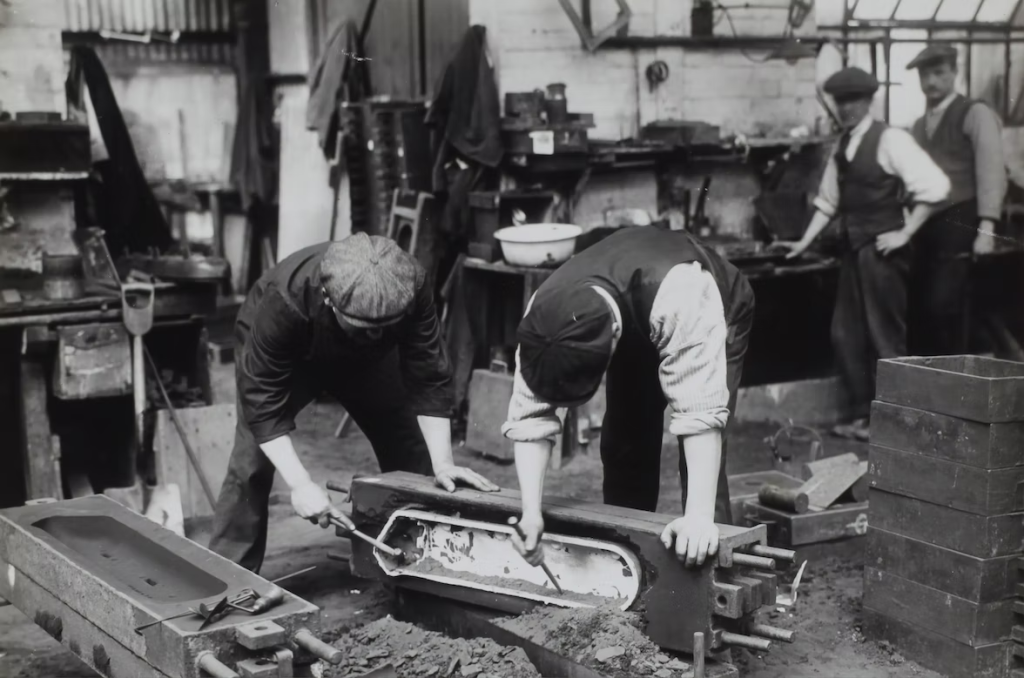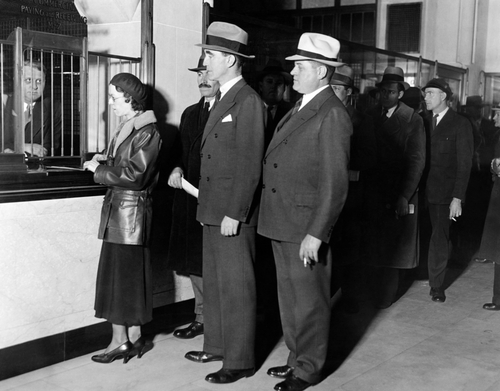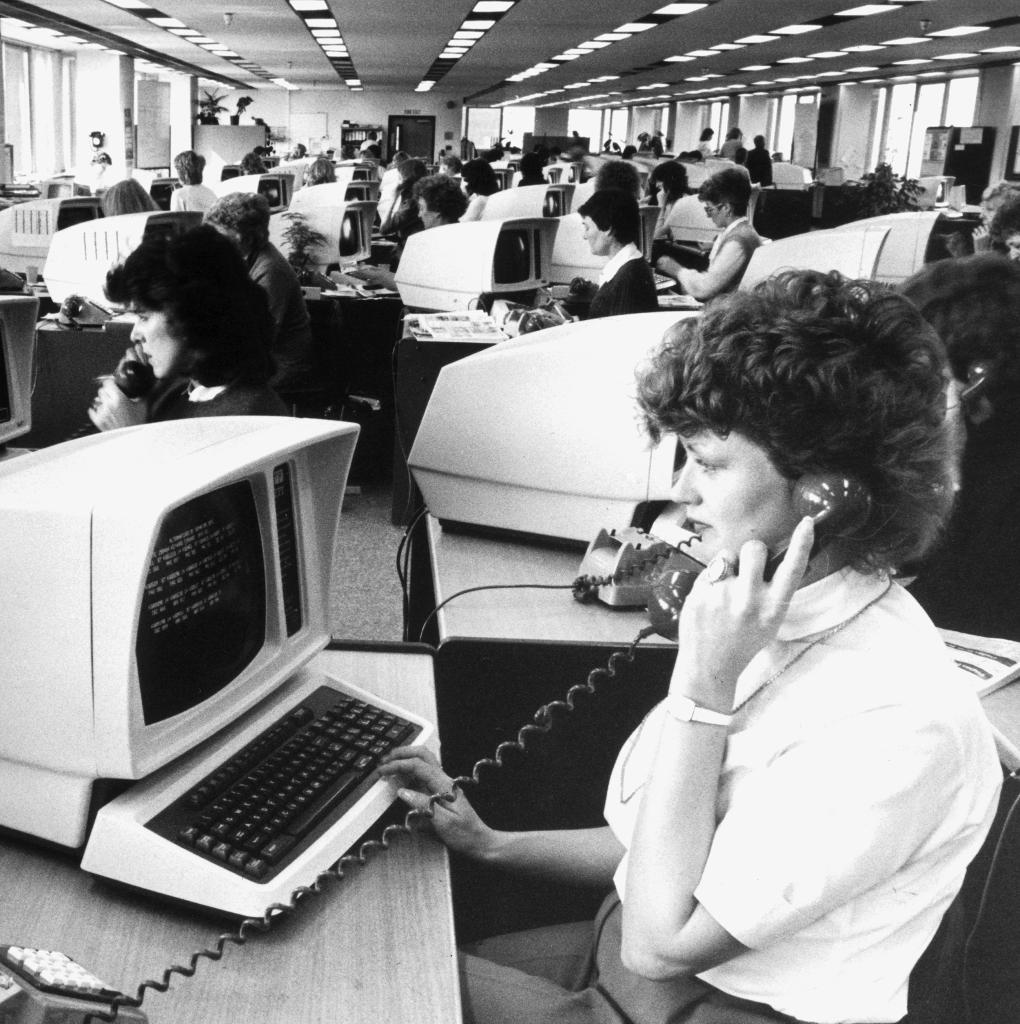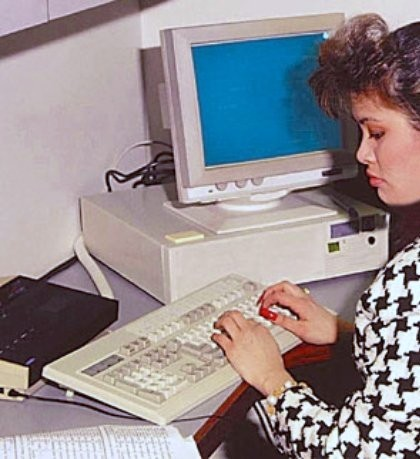The rapid advancements in technology have brought about a significant transformation in the workforce. Machines and automation have become an essential part of many industries, and as a result, traditional jobs are disappearing.
Machines and automation have revolutionized many industries, making them more efficient and productive. However, the downside is that machines and automation are also replacing human workers. As machines become more intelligent and advanced, they are capable of performing tasks that were once the exclusive domain of human workers. This trend is not limited to low-skilled jobs; it is affecting high-skilled jobs as well. This has significant implications for the workforce, as many people are losing their jobs due to machines and automation.
One of the most significant impacts of machines and automation on the workforce is the loss of jobs. When machines take over, traditional jobs are no longer needed, and many people find themselves out of work. This can have a devastating impact on individuals and families, as they struggle to find new employment.
Factory Workers

Machines and automation have replaced many factory workers, particularly in industries such as automotive and electronics manufacturing. Automated assembly lines can perform tasks more quickly and efficiently than human workers, and they are less prone to errors. As a result, many factory workers have lost their jobs to machines and automation.
Bank Tellers

Src: https://www.bookkeepershub.com.au/demise-of-the-bank-teller/
With the advent of online banking and mobile apps, many bank teller jobs have become redundant. Customers can now perform many of the same tasks online that they once needed a teller for, such as depositing checks and transferring funds. This has led to the closure of many bank branches and a significant reduction in the number of bank teller jobs.
Travel Agents

Src: https://www.nbcnews.com/business/travel/online-booking-so-90s-humble-travel-agent-making-comeback-n692056
The rise of online travel booking sites has made it easier for people to book their travel arrangements without the assistance of a travel agent. As a result, many travel agent jobs have been eliminated, and the role of the travel agent has evolved into a more specialized one.
Print Journalists

The decline of print media has had a significant impact on the job market for journalists. With the rise of digital media, many print publications have gone out of business, and the demand for print journalists has declined. Many journalists have had to transition to digital media, where there are still some job opportunities.
Data Entry Clerks

Src: https://en.wikipedia.org/wiki/Data_entry_clerk
Data entry clerks are responsible for entering data into computer systems, such as customer orders or inventory information. However, with the advent of automated data entry systems, many of these jobs have become redundant. Automated systems can enter data more quickly and accurately than human workers, and they do not require breaks or vacations.
Conclusion
Machines and automation have had a significant impact on the workforce, leading to the loss of many traditional jobs. As technology continues to advance, it is likely that more jobs will be replaced by machines and automation. However, this does not mean that there will be no more jobs for humans. There will always be a need for human workers, particularly in areas that require creativity, empathy, and critical thinking skills. Therefore, it is essential for individuals and society as a whole to adapt to the changing job market and focus on developing skills that are in demand.




